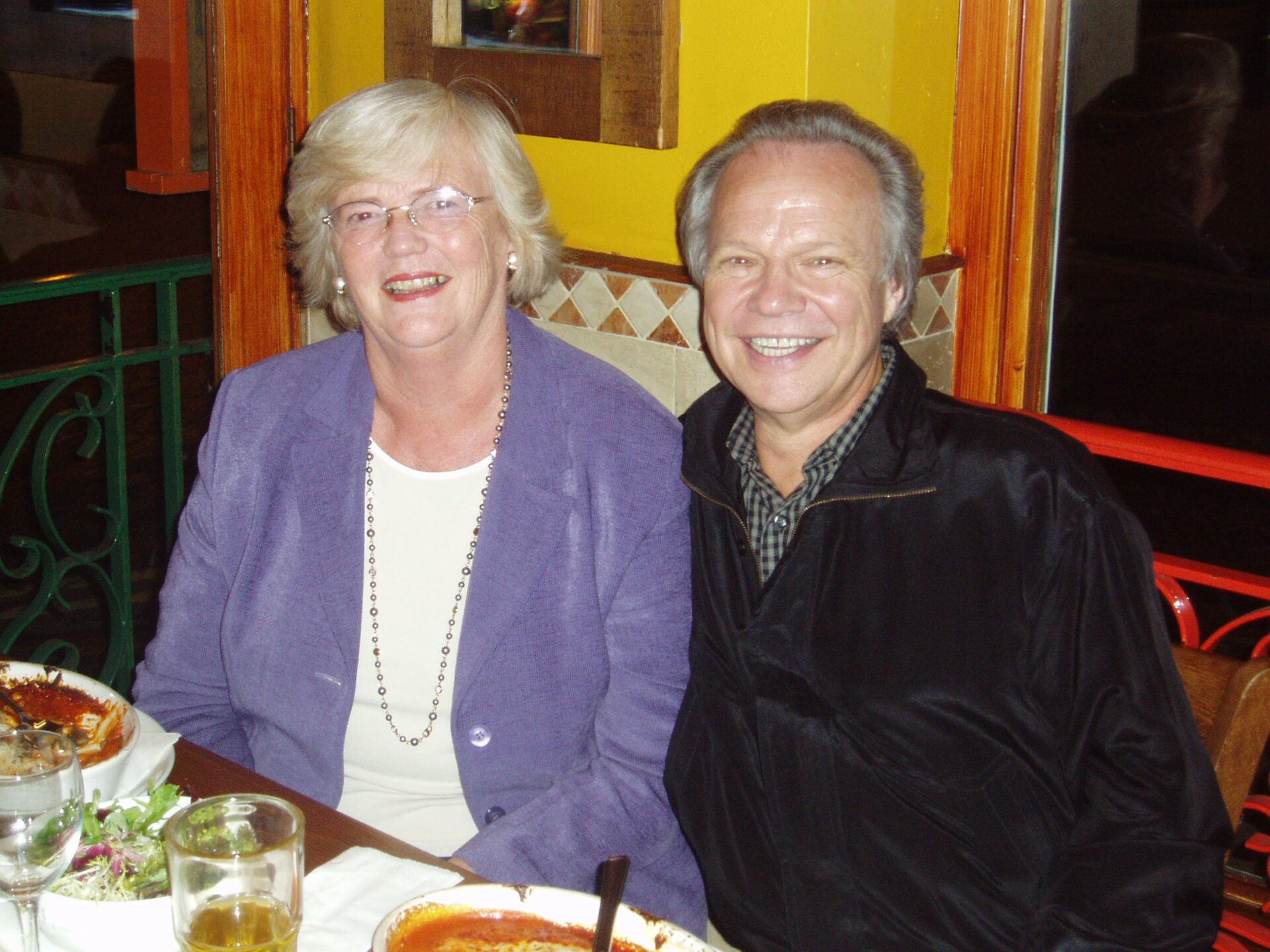Sandra Ruskin, from Durham, was diagnosed with PSP in 2019. Here her husband Bob explains how Sandra has been denied CHC funding four times.
“When Sandra was first diagnosed, we coped quite well without any help. I managed as best as I could, but as Sandra deteriorated, she started to fall more frequently. Social services arranged for carers to come in three times a day. That care was negatively impacted by the Covid pandemic and by Brexit; several care providers in our area collapsed. Eventually it was recommended Sandra move into a care home – the only one with space was 44 miles away.
I wasn’t aware of the process for CHC funding, it was a social worker who suggested getting an assessment. The assessment was carried out at the care home, with me, Sandra, the resident nurse and social worker in attendance, while the CHC assessor was on the phone. He couldn’t even see Sandra. Later, we heard CHC funding had been refused. I wasn’t sent a copy of the report, just a letter to say Sandra had been unsuccessful.
Eventually Sandra deteriorated further, and we were advised the care home could no longer meet her needs; she had to move into a nursing home. Around the time she moved into the nursing home I was told by social services that they were withdrawing their support; Sandra was the nursing home’s responsibility now. That left me very much on my own.
The nursing home suggested another CHC assessment and appeared confident we would be awarded funding. This assessment was held in the nursing home; by then I’d lost contact with social services so there was a new social worker there who we’d never met. The resident nurse from the home was there and a CHC assessor. Again, CHC funding was refused.
Four months later Sandra was reassessed – I wasn’t even told this was being arranged. It was farcical, the assessment was done over Zoom with the assessor online and just me and a nurse in the room, no social worker. Unfortunately, the nurse with us on this day was
quite inexperienced and had little knowledge of the assessment process, so I wasn’t confident this time. Once again, the CHC application was turned down.
I asked for a meeting with Sandra’s consultant to make sure we were doing all we could to make Sandra’s time left tolerable. I told him about our experiences with CHC and he said he would write describing in full Sandra’s condition and requesting a full reassessment. This was arranged within a week – this time, the CHC assessor came in person, the more experienced resident nurse from the home was also there and a new social worker. This meeting went smoothly, and they even went to see Sandra in her room to get an idea of her condition.

Unfortunately, this fourth CHC assessment was also unsuccessful. Four times Sandra has been turned down for funding. She’s bedridden, needs a hoist to get her in and out of bed, has little to no mobility and her swallowing is becoming critically difficult, and she has no speech. I wonder if any of the CHC assessors we saw had any knowledge of PSP and its associated symptoms or had read any of the reports from people involved in her care.
The staff from the nursing home are surprised too, they say other patients who aren’t as bad as Sandra have been given CHC funding. Crucially these patients were assessed before her; I have a feeling the brakes have been put on due to financial restrictions, and we’re left to deal with the consequences on our own. Without CHC, so far, we’ve spent over £160,000 on fees.”


